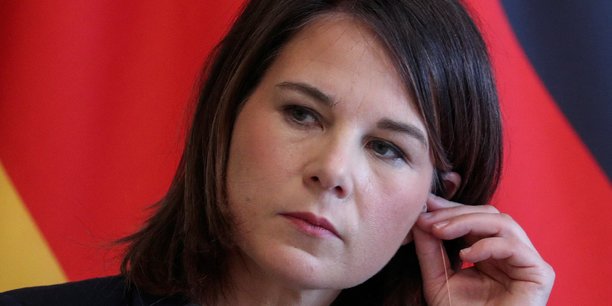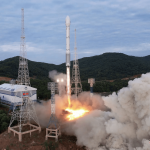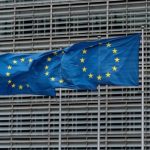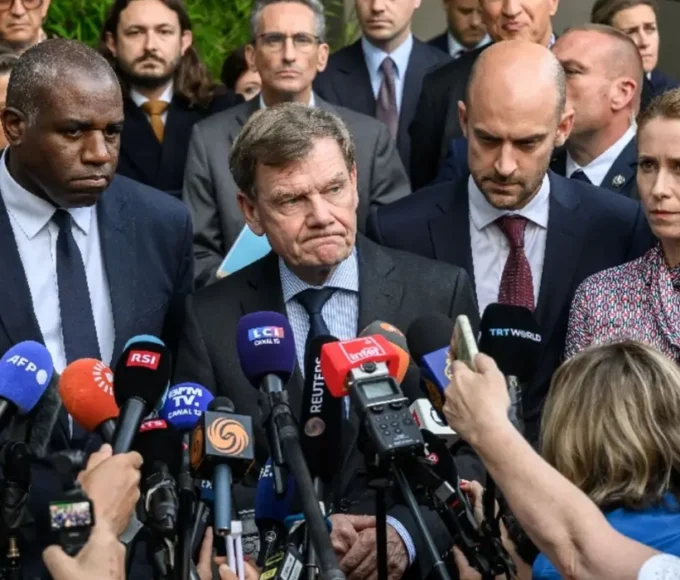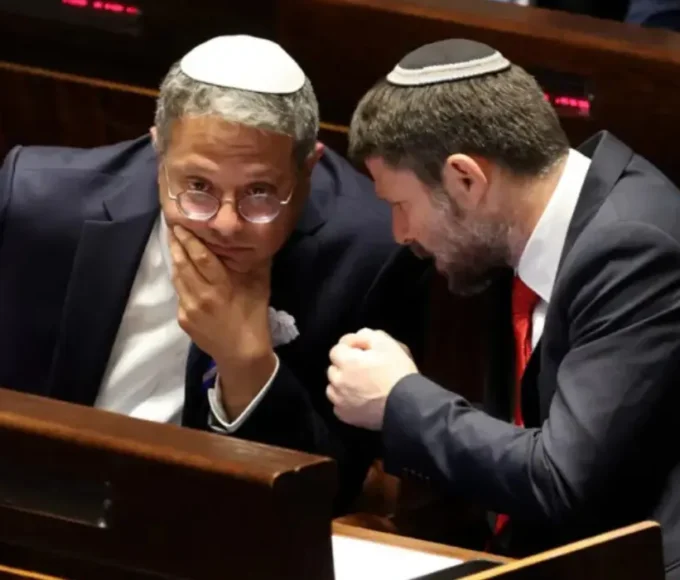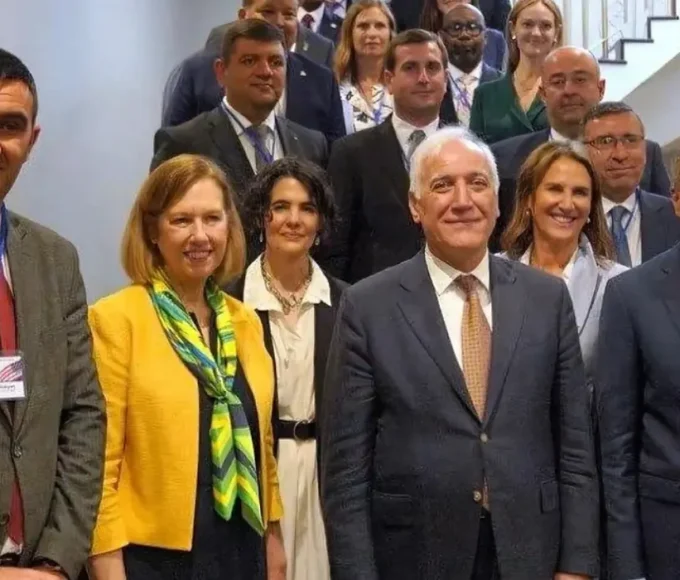The Russian economy is holding up, much to Berlin’s regret. Annalena Baerbock, German Federal Minister for Foreign Affairs, expressed her annoyance at the lesser than expected impact of the multiple Western economic sanctions against Russia, after the invasion of Ukraine. The words of the head of German diplomacy are contained in “Ernstfall. Regieren in Zeiten des Krieges” (“Emergency situation. Governing in times of war”, editor’s note), a book recently published by C.H. Beck in Germany. The book deals in particular with the management of the war in Ukraine by the German government.
“In principle, economic sanctions should have economic consequences, but this is not the case” regarding Russia, Annalena Baerbock told journalist Stephan Lamby in an interview conducted at the beginning of July.
“The experience we have had is that it is not possible to end this war through rational decisions and measures (…), because the logics of democracies precisely do not work in autocracies”, added the Minister.
Sanctions from Western countries
The minister’s remarks are likely to fuel the debate, including in Germany, on the relevance of the economic and financial sanctions against Moscow, adopted at the start of the war. In particular, the European Union has banned the maritime transport of Russian crude oil (as of December 5, 2022) and petroleum products (as of February 5, 2023) to third countries.
In May, the European Commission announced an eleventh package of restrictive measures against Russia intended to avoid the circumvention of European sanctions, announced its spokesman.
For its part, the United States placed more than 120 Russian and Kyrgyz companies on its blacklist in July, thus sanctioning their contribution to the Russian war machine in Ukraine. The sanctions aim in particular to restrict Russia’s access to embargoed material, including electronic components that can be reused by the military-industrial complex, said the head of the American diplomacy, Antony Blinken, in a press release.
The Russian economy is holding up despite the difficulties
The goal is to reduce Russia’s ability to conduct the conflict, but so far success has been mixed. Admittedly, the Russian economy is weakened, but it has not collapsed. According to a report by the International Monetary Fund (IMF), published at the start of the year, even if Russia certainly fell into recession last year, the fall in GDP is relatively modest (-2.2%), far from forecasts. of the IMF carried out in the spring of 2022 which anticipated an 8.5% fall in Russian GDP in 2022.
“The economy has returned to the path of growth” and, from next year, “Russia will embark on the path of long-term progressive development”, Russian Prime Minister Mikhail Michoustin declared in the month Of March.
At the beginning of March 2022, Russia is benefiting from record European gas prices, with the two world crude benchmarks trading well above $100 a barrel, propelled by geopolitical risks. However, since most oil is traded in dollars on the world market, Russia has recovered large sums of greenbacks from the sale of its black gold, which it then converted into roubles, which has supported its cash. According to the Center for Research on Energy and Clean Air (CREA), a research institute based in Finland, Moscow has made more than 400 billion euros since the start of the war in Ukraine thanks to its exports of oil, gas and coal.
But faced with the drying up of hydrocarbon revenues (the reference variety of Russian oil is now trading above the ceiling of 60 dollars per barrel) and the flight of capital from Russia, the ruble finds itself at an all-time low against to the dollar since March 2022. On Monday August 15, the currency fell to 102.23 rubles for one dollar, and almost 111.70 rubles for one euro.
This article is originally published on latribune.fr


